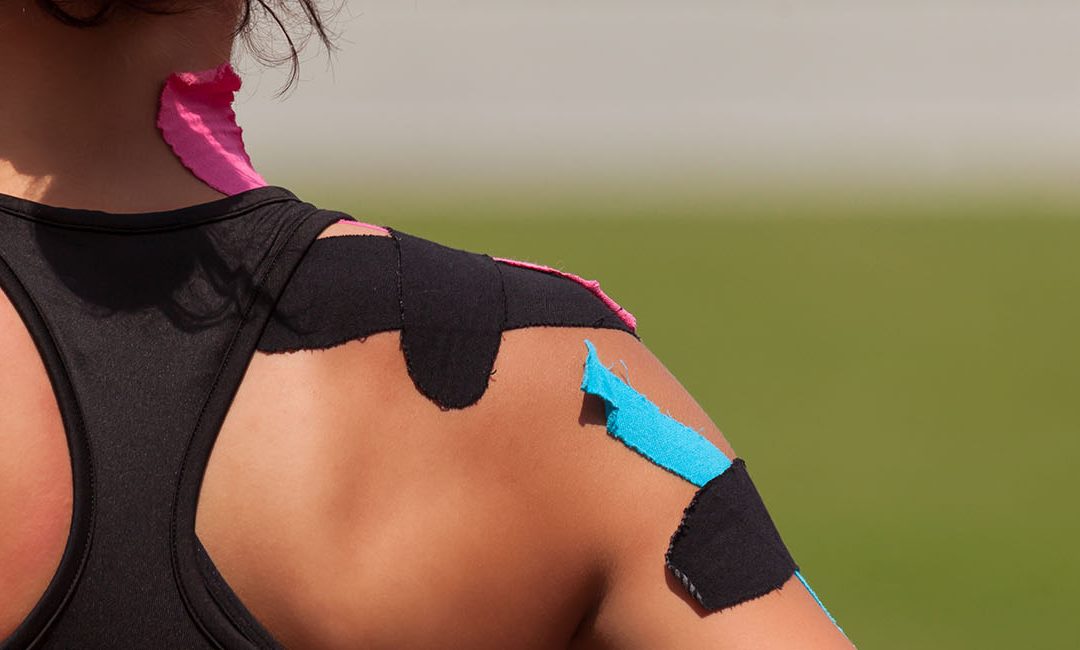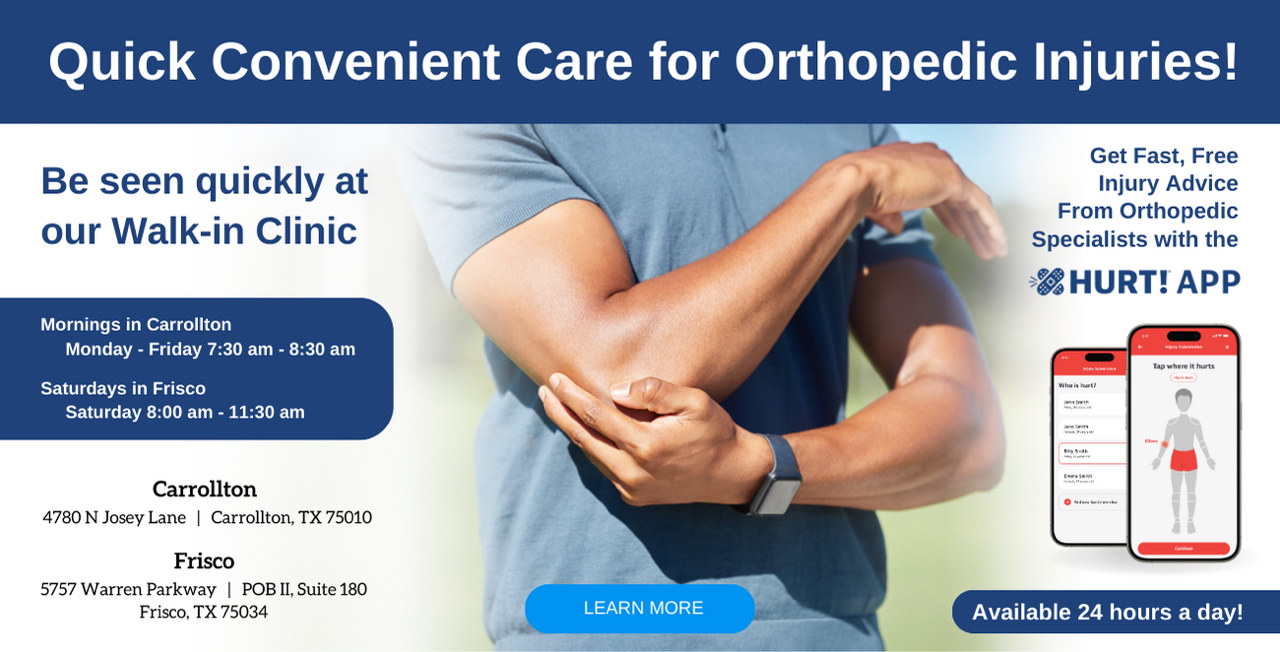One of the most common causes of shoulder pain is Shoulder Impingement, which is caused by repeated overhead motion. Athletes or sportspersons who are involved in swimming, tennis, overhead smashes, basketball, etc., often complain of shoulder pain. People, who do repeated activities such as construction work, painting a wall, etc., are also vulnerable to shoulder pain.
Causes
The shoulder is a complex structure that is made of three bones Clavicle, Humerus, and Scapula. The Rotator Cuff holds the arm in the shoulder socket and facilitates the motion. The muscles and tendons attach the arm to the shoulder. Bursa is a fluid that offers lubrication to the arm and allows the tendons to glide smoothly. The space between the top of the shoulder bone (Acromion) and Rotator Cuff reduces when one raises the arm. The pain and inflammation is caused when the Acromion rubs against the tendon and the bursa. Even an accident or trauma can also cause Shoulder Impingement.
Symptoms
The patient may initially face mild pain while using the arm; however, the pain may aggravate with time. Besides pain, there are other symptoms such as:
- Stiffness
- Tenderness
- Weakness
- Numbness
- Loss of motion or limited motion
- Difficulty in placing the arm behind the back
Diagnosis
It is crucial to diagnose the problem as early as possible. To confirm Shoulder Impingement, an orthopedic doctor conducts certain physical tests and checks the medical history of the patient. He/she will check the extent of damage to the shoulder. The doctor may also suggest Magnetic Resonance Imaging (MRI) and ultrasound.
Treatment
Depending upon the age and general health of the patient, the orthopedic doctor will follow a line of treatment so that the pain can be reduced and normal function can be restored. Initially, non-surgical treatment is given, which is quite effective in helping the patient recover; however, in case the problem is not solved, then surgical treatment is considered. The doctor recommends complete rest and tells patient to reduce overhead activities. To reduce swelling, anti-inflammatory medicines are recommended and to restore normal functioning, some physical exercises are recommended


